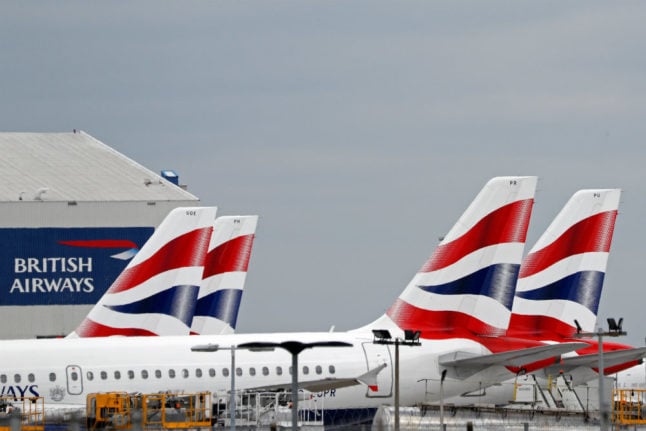The ban may eventually be extended into January, news wire NTB reports.
“It is still necessary to maintain measures so that we gain more time to gather more knowledge about the virus and prevent possible spread to Norway,” health minister Bent Høie said in a statement.
The ban on all direct passenger flights from the UK to Norway was introduced for an initial two days on December 22nd due to the discovery of a faster-spreading variant of Covid-19. It has now been extended twice.
The Norwegian Directorate of Health has already recommended an extension of the ban until January 2nd, according to NTB.
The new variant of the coronavirus is believed to have first appeared in London and Kent and is reported to be up to 70 percent more contagious than other strains. Based on what scientists know so far, the variant does not appear to cause more serious illness than other kinds of coronavirus.
“As the situation is now, we do not have the capacity to test all travellers from the Univted Kingdom at the border. That could lead to a lack of control over transmission of the new, significantly more infectious variant of the virus,” Høie said.
Recent arrivals in Norway are to be contacted by authorities and asked to follow new guidance, the minister previously confirmed.
The following rules apply to all travellers from the UK to Norway until January 10th:
- A PCR Covid-19 test must be taken within 1 day after arrival in Norway and again 7 days after arrival from the UK
- A PCR Covid-19 test must be taken as soon as possible by anyone who travelled from the UK to Norway within the last 14 days
- Registration with authorities required on arrival
- Registration required with local municipality at destination in Norway
- Current exemptions from arrival quarantine do not apply to travellers from the UK, though some exemptions may further apply to this
In addition to the above, Norway's general quarantine rules still apply.
READ ALSO: These are Norway's new rules for recent arrivals from the UK



 Please whitelist us to continue reading.
Please whitelist us to continue reading.
Member comments